You know how in movies, the drug dealer starts out offering free drugs to innocent people? The logic is that once they get a taste of those sweet, sweet drugs, they’ll keep coming back for more. Of course, the drugs are no longer free. In fact, they are quite expensive, but now that we know how good the drugs are, we will pay anything for more!
Well, it turns out that drug dealers are really good at sales!
Let’s go back.
I have been speaking professionally since 2003, but it’s only been my full-time job since June 2019. I’d made a lot of connections, had plenty of clients, and was speaking regularly.
Then, the world changed.
Right before the world shut down, I attended the National Speakers Association’s Winter Conference called “The Sales Playbook.” I got insider sales advice from a list of successful speakers, such as Jill Konrath, Mark Hunter, Laurie Guest, Sam Richter, Ross Bernstein, Jennifer Darling, Meridith Elliott Powell, Crystal Washington, John Register, Simon T. Bailey, and a few others.
They shared a wealth of knowledge with everything from introductory emails to signing the contract, but the thing that resonated with me most was the phrase “provide value”.
Even once we were all quarantined, Sam Richter shared an email with some advice which also included the suggestion of providing value.
I thought I had been doing that. I had been sharing articles or videos with certain clients. I didn’t just blast a URL to a whole list of people. I sent specific content aimed at the industry or even the specific company that I was connecting with.
Sometimes I would get a quick thank you email, but more often than not, I didn’t receive a reply.
In late April, I had an epiphany.
Some of the people that I’m reaching out to aren’t working right now. Some are working from home and are overwhelmed with their workload. Some are trying to figure out how to pivot their whole business model. On top of all of this, many of these people are trying to navigate these situations while also watching after their own kids because school and childcare are no longer an option.
So what do all these people really NEED right now?
They need to smile, to laugh with their co-workers and have a little fun. They need to unlock their own creativity and find new ideas. They need permission to fail. They need encouragement that they can not just weather this storm, but that they can come out on the other side with new skills that will help them be even more successful in the future.
THEY NEED IMPROV.
I don’t care if they can’t pay for it. I want to help give people the one thing that the world so desperately needs right now:
Hope.
So at the beginning of May, I started offering free 30-minute improv Zoom meetings for groups ranging from 10-100 people. I’ve worked with just about every industry imaginable; business, financial, health care, hospitality, education, manufacturing, construction, nonprofits, associations.
My goal was to provide each team with all of the needs I listed above. At the end of the 30-minutes, my only request was to share my contact with anyone else who might want a free workshop.
The feedback has been phenomenal! (You can see some client’s opinions at the bottom of this post.)
I didn’t try to sell myself. I didn’t beg people to email or call me back. I just put out the offer and then provided something that I thought would help. I figured I might hear back from someone months from now.
Instead, I’ve been contacted by a plethora of people wanting to hire me. I keep hearing the same basic thing, “We are cutting budget costs where we can, but this is something that we desperately need right now.”
There are no words to describe how happy this makes me. Obviously, I am glad to be working, both for monetary reasons and because it’s truly what I love to do, but what truly delights me is that business leaders are recognizing the true power of improv in these uncertain times.
Are we going to get through this eventually?
Yes, and!
Below are quotes pulled from Zoom chat comments after free workshops:
-So much fun! Thank you! Loved it! And I loved the application back to the business world.
-I like that you make us open our minds and to look at things more openly. I will be applying these lessons to our current situation.
-Fun! I wish it would have been longer. You lifted my spirits.
-This was a fun and helpful way to end our Friday. I appreciate how engaging (and non-intimidating) the activities were! So many points you made today relate to the way I am at work and home. Very beneficial for us all to hear!
-Learned more in this session than any other session I've attended in my 26 year career! Thank you!!!
If you know of any company, nonprofit, association, or any other organization that could use a boost right now, please contact me at jonmcolby@gmail.com for more information on a free Zoom workshop!




